Design Ethics
As half of MDEF's third term tech track Design Ethics served as strategical project support and guidance. In three sessions Ariel Guersenvaig facilitated the classes leading up to this reflection-overview and paper.
Session 1: April 21th, 2022.
Technology gets visible when it doesn't work. Very often it isn't until accidents happen that we really question how technical solutions, applied tech and systems work.
- In any customer journey there is a technological touchpoint.
- Technologies materialize values.
- Technology can defeat it's own purpose (e.g. a water-saving shower head
that promotes radio use causing longer showers.) - Technology is the practical implementation of intelligence.
Just like apes share technology culturally rather than just genetically. Apes teach their offspring techniques. Technology always and in each circumstance, goes hand-in-hand with education. Technologies themself may not act, but they very strongly imply. "Gun's don't kill people" may sound true to some, but a gun does create a situation in which things go wrong real quick. Guns do have influence. Guns transform you and are not neutral. Artefacts have politics, the birth of technological determinism.
Exercise

Session 2: April 25th, 2022.
Ariel started with stating how "technologies are multistable." Jevon's paradox and how making things more fficient doesn't necessarily have to result in better outcomes. Something is normative when its basic uses involve prescribing norms or standards, explicitly or implicitly. Herbert Simon, 1996: "Design is concerned with how things ought to be."
How should design and ethics be integrated? Ethics only appear when there is an other way. That is how we developed social manners and the reason why we say "Goodmorning", "Please" and "Thanks" to the bakery when we want bread. Consequentialism, the ethics of effects, utilism. 'The greatest amount of good for the greatest number.' Most professions act to that philosophy but becomes problematic when it comes to justification. Cause, if it's better for the mass, than it's morally justified to suppress the minority right?

Care ethics. The good or bad, right or wrong are to be evaluated in how they support relations. It's a relational ethics, i.e. it involes caring for others. You need others to be you. Virtuous life

We continued in a breakout room in which we discussed some of the '76 reasonable questions to as any technology.' constructed by Jacques Ellul.
- How complicated is it?
- What is the worst that could happen?
- What is gained by its use?
- What is lost in using it?
Session 3: April 28th, 2022.
The past few days the (likely) 44 billion purchase of Twitter by Elon Musk was one of most prominent newsitems. Turning it into a monopoly of free media? Will censorship be completely removed? Ariel followed by pointing out that fake news is not new, and that it's effect might not be as thorough as a lot of people think. If you're not racist, Youtube will very likely not turn you into one. The largest concern might rather be the scale it's being applied. Just a handful of companies rule the entire global social media news landscape.
- Design in a narrow sense (Re)solution of problems through the creation of plans for a new artefact (environments, projects, services...)
- Design in a broader sense Preconfiguration and reconfiguration of new ways of living.
There is no generally accepted definition of the term 'profession'. It's therefore hard to say design can be seen as one. However, oft-cited criteria agrees that a profession requires some sort of extensive training, (externalizing) intellect and provides an important contribution to human wellbeing. Ariel stated that "Professions can be seen as 'a moral project". But do moral values drive us? Isn't it utopian to perceive professionalism anything more than getting paid for a job? What's on the border between occupation and profession? And on the other side of the moral scale; What's anti-design? Do (UX-)designers make livings out of manipulation? Do we know what moral foundation is beneath our designer feet?

How subjective, controversial, plain wrong is this? Morality is personal, trying to index it is impossible. A nurse could (likely, in my opinion) have a more clear moral reasoning for his/her job (e.g. caring for people) than a engineer. Professionals, (self-proclaimed) specialists are not morally superior than any other on this 'scale'. Perhaps they're just with more, or with more power. Adding onto that, a lot of people do not even have the opportunity and cannot afford to work out of internal moral reason. They try to feed a family.
Is design ethics merely about law than? Specifications, guidelines and rules? Likely it's a bit softer than that. Ethics is an ongoing conversation between people to reach a better human standard. We're not 'autonomous moral agents'. We have physical wants and needs.
A practice is a socially established cooperative human activity, with its own purposes, methods standards of excellence, traditions and internal dialogical engagements. Bricklaying is not a practice. External goods like (money, status, relations, ..) are crucial because they sustain the practice. In design internal goods can be the want for collaboration, creative output, communal support. The (literal) goal of design is the conception and planning of the human-made world. The purpose is to create possibilities, potentialities and capabilities so that other's can flourish through the human-made world. Professional design is a form of self-enactment.
What is responsibility to you?
A feature that cares about something imposed or taken. Blame or brace. Care is an ongoing relational practice that 'shows us how to respond needs and why we should. It builds trust and mutual concern and connectedness between persons.' Turning 'caring about' into actual care. Balancing demands, setting priorities.
Assignment: Design Ethics paper
